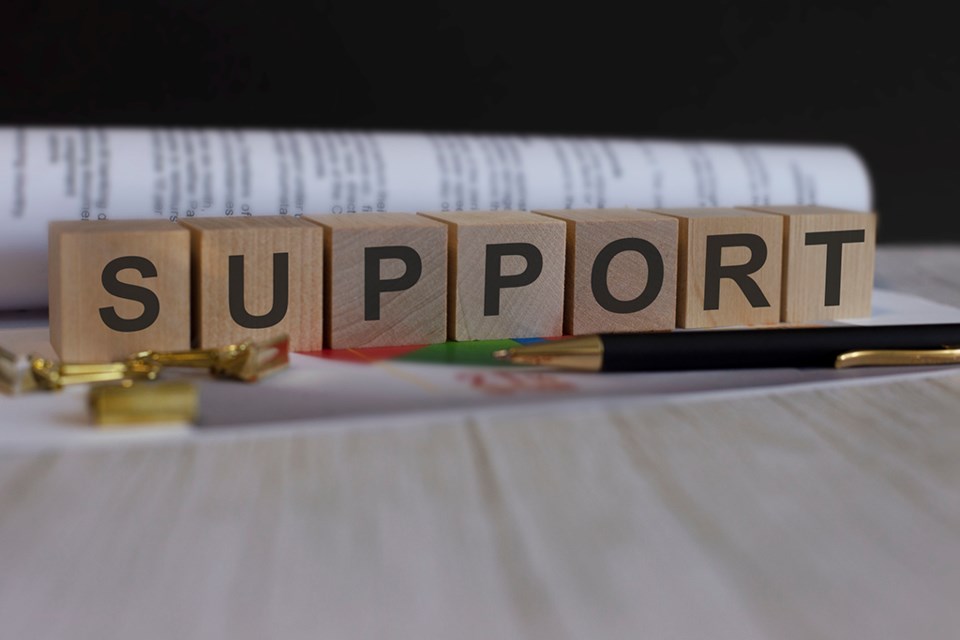Dear Editor
What is the point of criminal justice? To punish a criminal for breaking our laws, deterring the offender from committing crime again, or keeping citizens safe from violence and bringing justice to victims? And what defines justice? Justice is defined as "Just behaviour or treatment" and "a concern for justice, peace, and genuine respect for people."
We're facing a severe mental health crisis here in Canada, evidenced by heightened depression, suicidal ideation, loneliness, and opioid overdoses post COVID-19. Even intoxication is socially acceptable in Saskatchewan at every bar, bush party, and university, despite alcohol being a proven depressant and as addictive as other substances criminalized in Canada. But there is an aspect of mental health that is often overlooked or even scorned, and that is when mental health and crime meet.
Our criminal 'justice' system does not consider the underlying issues that lead to the crime in the first place, so it can be argued that a concern for justice, peace, and respect does not exist for criminals in Canada, making our system an outdated relic of a Canada that favoured the death penalty and punishment instead of rehabilitation and empathy for those who've paid for their crimes.
The cycle of crime, and specifically crime stemming from pre-existing mental health issues, usually goes as follows in Canada:
• A crime is committed.
• The offender is jailed and punished.
•There is a period of short-lived freedom.
• Another crime is committed partly due to social ostracization and root factors that are expensive and difficult to resolve.
This cycle of never-ending incarceration if something doesn't change. If cracking down on crime prevented it, wouldn't crime be a thing of the past? A different approach would be resolving the underlying issues before the crime is committed, freeing the packed criminal 'justice' system and helping past offenders integrate back into society.
Before the COVID-19 pandemic profoundly changed our daily lives, Canadians saw a five per cent rise in the Crime Severity Index, drug trafficking arrests rose 17 per cent, DUI offences rose 15 per cent, and shoplifting by 11 per cent between 2018 and 2019. And now, as we learn to live with COVID-19, opioid overdoses have increased by 34 per cent, drug-impaired driving crimes have risen by a whopping 59 per cent, and methamphetamine crimes have risen by one per cent, albeit, there have been decreases in most other crimes due to the pandemic's unprecedented nature.
Crime does not exist in a vacuum, and all criminals commit crimes for a reason. Throwing a drunk in prison for driving drunk will not solve the alcoholism at the heart of the crime. Arresting an addict for possession will not end the addiction. Charging a homeless person with public intoxication while they battle depression will not solve the underlying mental health issues that cause the crime in the first place. These offenders will offend again, and the cycle will continue unabated. Every year a slew of criminals are removed from the streets, and more are released from prisons. No one is safer, and nothing truly changes. Our taxpayer money funds these aggressive cycles, and there are few solutions for those desperately crying for help. Of all the things to call the system, locking up people who are ill and throwing away the key does not involve justice.
Our mental health systems are expensive and severely lacking. With poverty at an all-time high, therapy, prescription drugs and counselling are often impossible options. With almost twice the funding for corrections and policing in Saskatchewan, would that money not be better spent, in part, funding therapies, consistent mental help and accessible treatment? Why would rehab and quick, accessible therapy not fall under the branch of our socialized medicine so everyone can afford to live healthier, happier lives? Why would we force people struggling with PTSD and who can afford $50K medical bills to seek help in the United States because wait lists stretch for months or even years in Canada? Why would people struggling with mental health crises wait six hours on the phone when they need help now? Why would we arrest alcoholics, addicts, and people with mental illnesses instead of giving them the support they're crying for?
One shouldn't speak on the criminal justice system without acknowledging the other side of justice, and that is the victims of crime. But when does punishment end? At what point have criminals served their time, and at what point do we realize criminal sentences often extend for years, decades, or even entire lives beyond the offence? Worse yet, society ostracizes offenders.
Together, we must stop looking down on criminals and empathize with them. To prevent violent offenders from becoming a statistic in the system, we must strive as a society to look at offenders not with malice, distaste or distrust but with compassion, hope, and kindness. Should we not be focusing on solving the root problems that lead to crime rather than forcing people into a revolving door of crime that is rarely escaped? How is that justice for either party if a punishment never ends, crime is never resolved, and no one is given lasting justice.
Miguel Fenrich
Battleford






